Frederick Brotherton (F.B.) Meyer (1847–1929) was a much-loved English Baptist pastor and evangelist who was also involved in inner-city missions work.
This year is the 175th anniversary of his birth.
Born into a Christian home on April 8, 1847, in London, he attended Brighton College, a public boarding preparatory school. In 1869, he graduated from the University of London and then studied theology at Regent’s Park College, Oxford.
Long preaching ministry
Meyer began a long preaching ministry in 1870. His first pastorate was in Liverpool’s Pembroke Baptist Chapel. Two years later he was pastor at Priory Street Baptist Church in York. While in York, he met American evangelist Dwight L. Moody. Meyer introduced Moody to several churches in England. The two preachers became lifelong friends.
Meyer pastored Victoria Road Church from 1874 to 1878 and Melbourne Hall from 1878 to 1888, both in Leicester. The next four years he served at Regent’s Park Chapel in London.
In 1895, he became the pastor of Christ Church in Lambeth, a borough of London. Only 100 people attended the church, but in two years over 2,000 were regular worshippers. Some of the new attendees migrated from Charles Spurgeon’s Metropolitan Tabernacle after Spurgeon’s death in 1892.
Meyer stayed for 15 years at Christ Church. He then started preaching at conferences and evangelistic services. His tours included South Africa and Asia. He also visited the United States 12 times, including once when he was 80. The latter years of his life were spent returning as pastor to Regent’s Park Chapel and to Christ Church.
Involved in inner-city missions work in England and North America, he was a crusader against drunkenness and prostitution. He was responsible for the closing of hundreds of saloons and brothels.
Active among believers
He spoke to 26 Keswick conventions, which were made up of conservative evangelical Christians. The Keswick Convention, founded in 1875, are still being held annually in Keswick, England.
He wrote over 40 books. They include biographies on biblical men such as Moses, David, Jeremiah, Elijah, Peter and Paul. “The Way into the Holiest,” “The Secret of Guidance,” “Our Glorious Lord” and “Christian Living” are some of his other writings.
Meyer died on March 28, 1929. He had great influence over giants of the faith such as Charles Spurgeon, who said, “Meyer preaches as a man who has seen God face to face.”

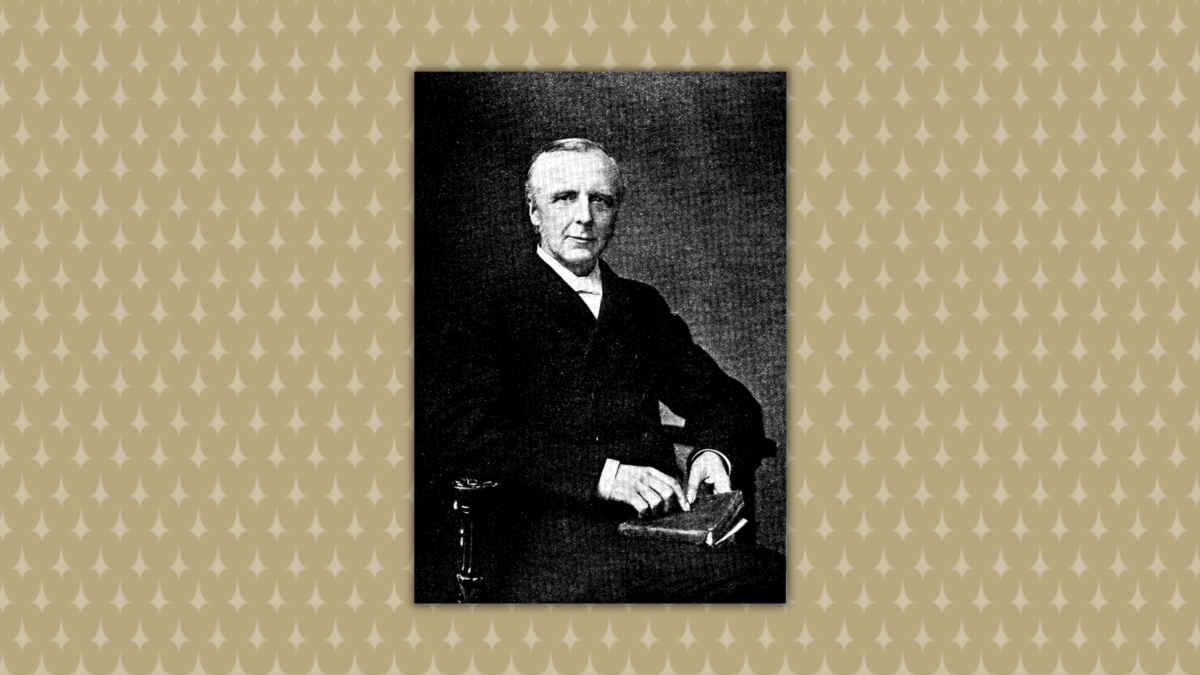
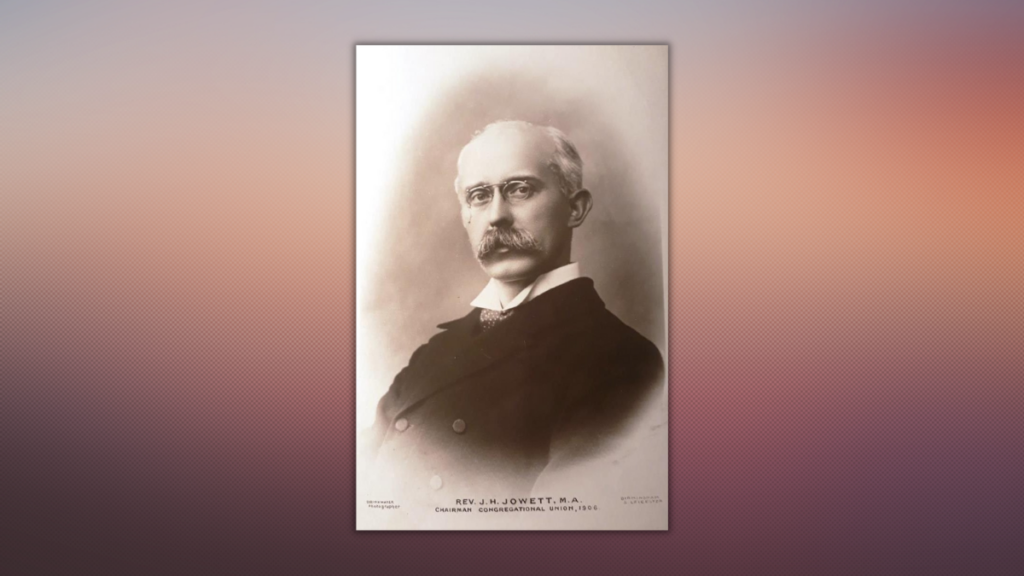
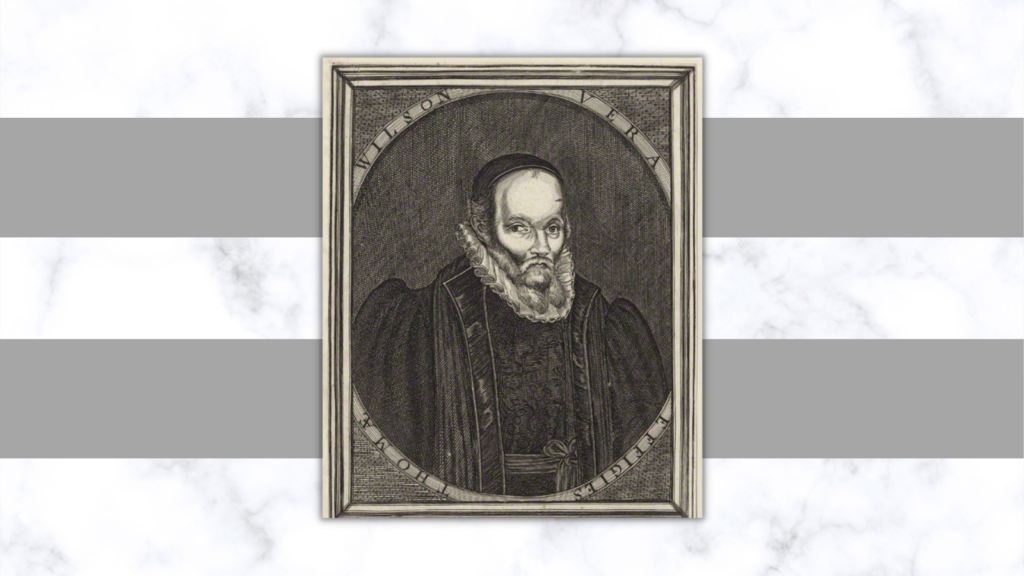
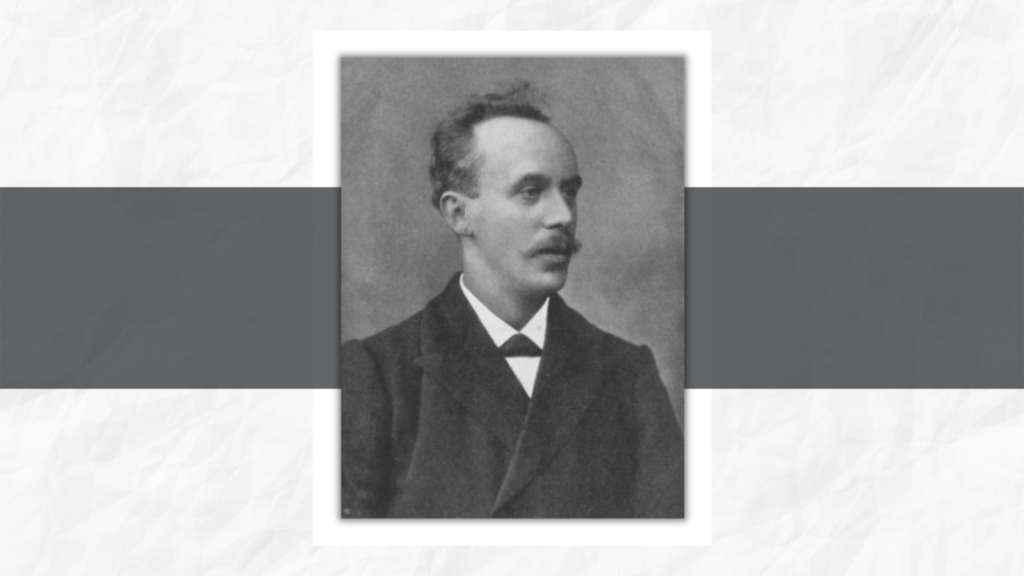
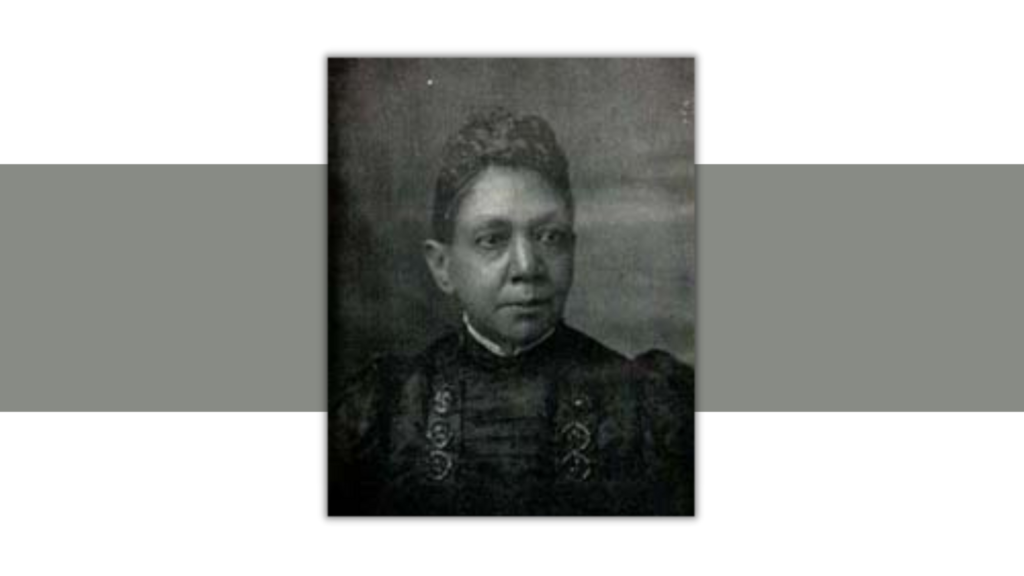
Share with others: